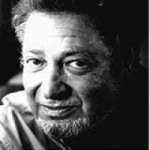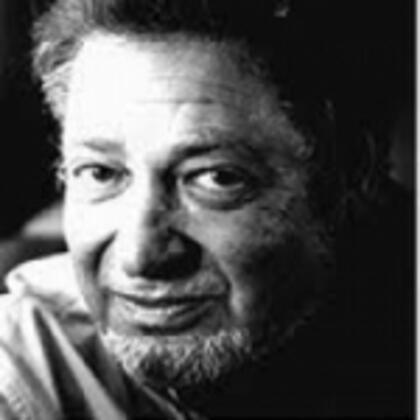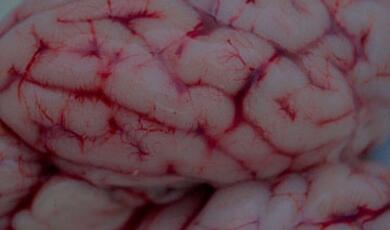Gene Therapy for Battered Brains?
Share
- Details
- Text
- Audio
- Downloads
- Extra Reading
The new technologies of genetic engineering offer to replace or modify 'faulty' genes. Somatic therapy is intended to correct the genes only in the patient being treated; germ-line therapy - currently illegal - will alter subsequent generations too. Can such treatments be developed to cure or prevent Alzheimer's, Parkinson's or Huntington's diseases, or even rectify the damage caused to brains by stroke of accident? And if so, what are the ethical implications?
Download Text
This event was on Mon, 02 Apr 2001
Support Gresham
Gresham College has offered an outstanding education to the public free of charge for over 400 years. Today, Gresham College plays an important role in fostering a love of learning and a greater understanding of ourselves and the world around us. Your donation will help to widen our reach and to broaden our audience, allowing more people to benefit from a high-quality education from some of the brightest minds.


 Login
Login








